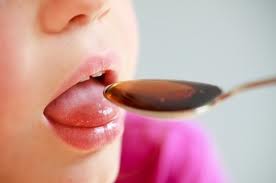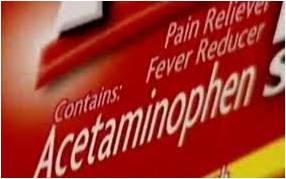With cold and flu season around the corner, the medicine shelf will fill up with remedies that provide symptomatic relief for those who caught a bug. Children who have an elevated temperature will very likely receive over the counter medication such as Tempra drops or Tylenol for children. These preparations have been around for decades, and parents are usually confident that they are harmless.
A Lancet article points out that there are certain risks associated with them, and the most sensitive age group are the youngest children. A study documented that the mother’s use of paracetamol (identical to acetaminophen or Tylenol) during pregnancy can be associated with the development of asthma in 6 to 7 year old children. More recently 205,487 children in the age group of 6 to 7 were included in a survey. The children were from 73 centers in 31 countries. In the analysis of data the use of paracetamol in the first year of life was checked against the risk of asthma symptoms once the children were 6 to seven years old. Paracetamol use in the first year of life also played a role in the increased risk of rhinoconjunctivitis and eczema.
With these results, parents should resort to the children’s’ Tylenol and Tempra drops only, if fairly aggressive intervention is necessary. Too often over the counter meds are used “just in case he or she is coming down with something”. Symptomatic home remedies in children such as lukewarm baths to bring down an elevated temperature, cool fluids bring relief, and ice packs still have their place in the control of mild febrile symptoms.
The Lancet 2008; 372:1039-1048
Last edited December 3, 2012







